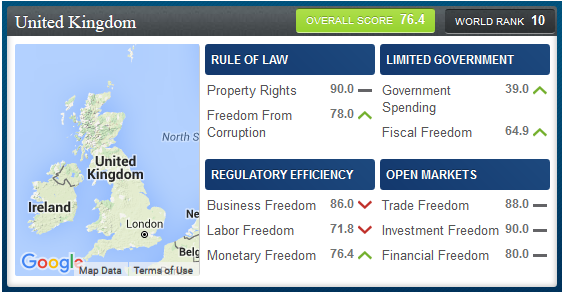Former President J.A Kufuor is livid over comments by his counterpart JJ Rawlings that he softened his stance on prosecuting a son of former Speaker of Parliament Peter Ala Adjetey.
“The 31st December Movement suffered bankruptcy in supporting Atta Mills. How many of us bothered to show up in court to offer her moral support in recognition of the foundation she laid in leading the women from the PNDC to the NDC?
Read Also: Ghanaians are fast losing hope under Akufo Addo - Omane Boamah
“During that trial, Peter Ala Adjetey, the then Speaker of Parliament, whose son, NDC’s well-fed Larry Adjetey, was charged together with my wife, threatened Kufuor that if he did not drop the ‘false’ charge against his son, he would personally go to court to defend his son.
Kufuor dropped his charges.
“How many of these qualities of principled solidarity did we demonstrate towards our own? Instead, people got rewarded with appointments by denigrating and trying to destroy some of us. What money did I not borrow to assist some of our colleagues and comrades who were suffering financially under Kufuor’s regime? Those debts are still on my head today,” Rawlings said in an interview with the state-owned Daily Graphic.
Kufuor has denied Rawlings’ assertion, saying “there is no truth whatsoever in this allegation. I wonder what ails Rawlings to make him always try to impugn my integrity in his interviews.
“It is not true that I tried to prosecute Larry Adjetey but relented because his father, Peter, threatened me.”
Read Also: Ibrahim Mahama Warns Kennedy Agyapong
He added: “The circumstances of his (Rawlings) wife’s (Nana Konadu’s) trial is a matter of public record, available for anybody who cares to verify. Rawlings should stop posturing as the only person of integrity and truth.”
“If he wants to continue to blow trumpets from rooftops about his integrity and incorruptibility, let him do so, but he should leave Kufuor alone,” the former president said in a statement.
“The 31st December Movement suffered bankruptcy in supporting Atta Mills. How many of us bothered to show up in court to offer her moral support in recognition of the foundation she laid in leading the women from the PNDC to the NDC?
Read Also: Ghanaians are fast losing hope under Akufo Addo - Omane Boamah
“During that trial, Peter Ala Adjetey, the then Speaker of Parliament, whose son, NDC’s well-fed Larry Adjetey, was charged together with my wife, threatened Kufuor that if he did not drop the ‘false’ charge against his son, he would personally go to court to defend his son.
Kufuor dropped his charges.
“How many of these qualities of principled solidarity did we demonstrate towards our own? Instead, people got rewarded with appointments by denigrating and trying to destroy some of us. What money did I not borrow to assist some of our colleagues and comrades who were suffering financially under Kufuor’s regime? Those debts are still on my head today,” Rawlings said in an interview with the state-owned Daily Graphic.
Kufuor has denied Rawlings’ assertion, saying “there is no truth whatsoever in this allegation. I wonder what ails Rawlings to make him always try to impugn my integrity in his interviews.
“It is not true that I tried to prosecute Larry Adjetey but relented because his father, Peter, threatened me.”
Read Also: Ibrahim Mahama Warns Kennedy Agyapong
He added: “The circumstances of his (Rawlings) wife’s (Nana Konadu’s) trial is a matter of public record, available for anybody who cares to verify. Rawlings should stop posturing as the only person of integrity and truth.”
“If he wants to continue to blow trumpets from rooftops about his integrity and incorruptibility, let him do so, but he should leave Kufuor alone,” the former president said in a statement.









































